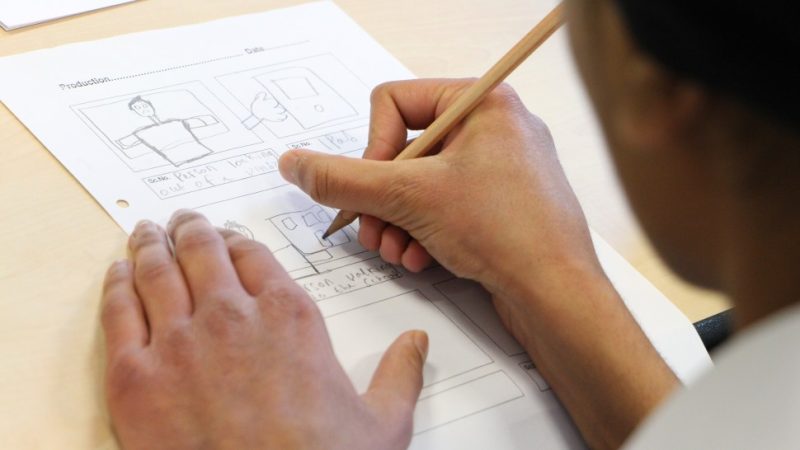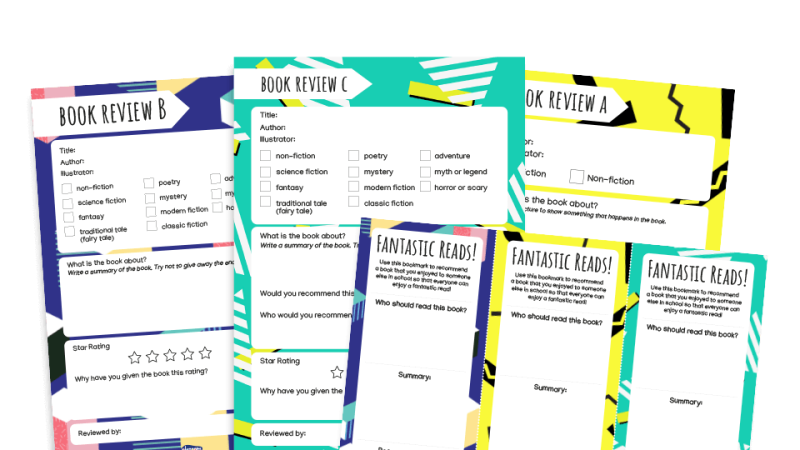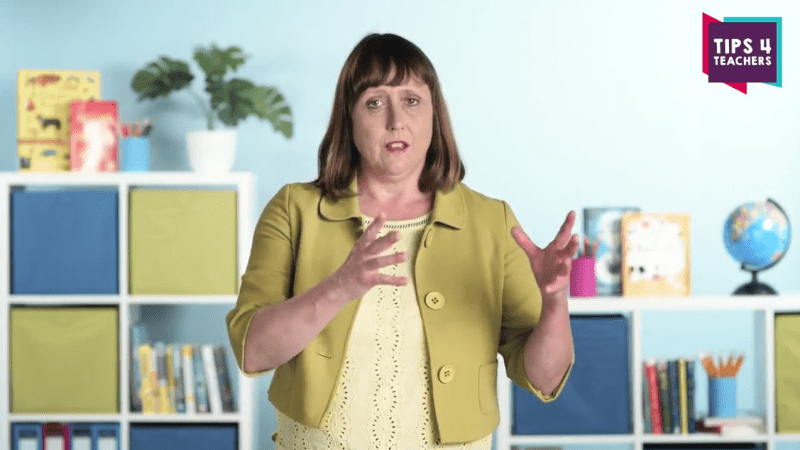Taking Learning Outside the Classroom isn’t a Luxurious Bonus – It’s Simply the Right Thing to Do

The sky’s the limit, says Alison Barnes

The benefits of taking part in an educational trip or visit for all, whether adults or children, who opt into the experience are inarguably profound.
However, in a climate where we find ourselves struggling to survive as the financial noose grows ever tighter, it is unsurprising that some schools are opting to remove aspects of their curriculum that are not compulsory in order to ease the financial burden.
The endless struggle that ensues in balancing the budget for a trip that must be inclusive for all children regardless of their family or financial circumstances, alongside the challenge of trying to collect monies from families who have pledged to pay the full amount but still have not made any further payment since the initial deposit was collected (…and the trip is less than 24 hours away – sounds familiar, right?) creates a monster of financial uncertainty and risk that might well be best left locked in the closet. So why should we bother?
Building relationships
I feel privileged to have joined the world of education in a time where we have begun to recognise the infinite value of developing young people rather than simply training them to pass an exam, and helping them to prepare for a future where success and happiness is achieved through being independent, self-aware, emotionally intelligent, communicative, collaborative and considered in their approach to their daily lives.
At Honywood School, we have developed a dual focus curriculum which allows us to tailor the education we offer to the needs of every individual learner we serve, and support them in developing their learning attributes.
This model provides youngsters with regular opportunities to reflect on their academic progress and understanding of the subject content, as well as gaining an understanding of themselves.
We strive to support our learners in taking responsibility and challenging themselves to succeed beyond the horizons they imagined when they joined us.
The thread which underpins this model, and weaves through every learning opportunity we design for our youngsters, is found in the relationships that we build with them.
These relationships are immeasurably strengthened, enriched and nourished by taking the learning experience outside of the classroom.
For us, the closet needs to be unlocked and the monster befriended as we navigate our way forwards, firm in the belief that we have made the right choice. For some children, opportunities offered by the school are the only opportunities they will have.
It’s the right thing to do.
Meaningful reflection
When youngsters join us in Year 7, one of the earliest experiences they have is to take part in a day of problem solving and team building activities which are offered at a local outdoor activity centre.
Couldn’t we just do this as an in-house event instead? The answer is a categorical no.
Here lies an opportunity for youngsters to begin to develop an understanding of their attributes, their strengths and weaknesses, and to do so in an environment where the sky is quite literally the limit.
The relationships that are established at this early stage facilitate meaningful reflection and development of the self-awareness that empowers our youngsters to take ownership of their learning journey, and respond to guidance from the adults who embark on that journey with them.
Later in Year 7, a return to the outdoor centre for a week’s camping and gravity defying activities allows learners to revisit their learning experiences from that first visit.
Having spent the best part of a year together, youngsters now challenge themselves to further develop their attributes by working together on a series of challenges for an extended period.
It’s an opportunity to celebrate success, explore new opportunities, and put their developing skills and attributes to the test.
Upon returning to the classroom, learners are able to recognise their own behaviours for learning and articulate what they need to do to find success in whatever the next challenge may be.
They are developing that sense of ownership, the ability to take responsibility and identify their personal learning needs – and therein lies the reason why we must commit ourselves to battle, believing that the monster can indeed be tamed.
Alison Barnes is an assistant head teacher at Honywood School, in Essex, where one of her responsibilities is leadership of the school’s trips and visits programme.










